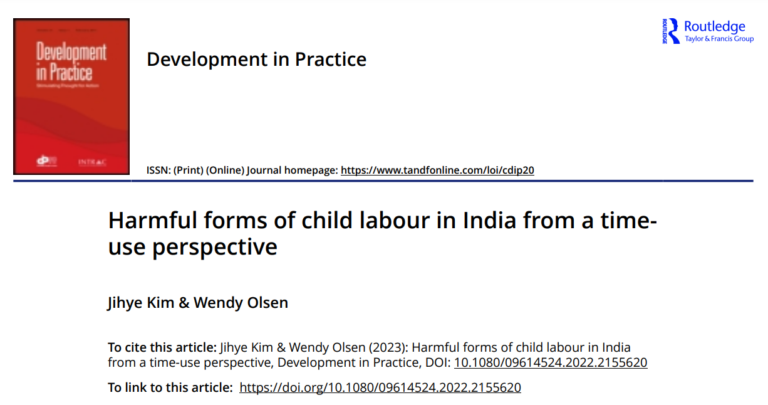This paper explores the prevalence of child labour and long working hours in India using 2019 data, with estimates for boys and girls that deal with age-related child development concerns related to long hours of work. We use international suggestions to define harmful child labour from ILO and UNICEF and a nationally defined time-threshold model in analysing the child-labour phenomenon. Measuring time by the three measurement systems and splitting children by age, gender, and cultural components make harmful forms of labour become clearer. The results show that girls doing agricultural labour and boys working as non-agricultural labourers had the longest average working hours in India. Important social-group differentials emerge. This study implies that policy-makers can be, and need to be, aware of explicit measures of hours worked by children aged six to 17.

